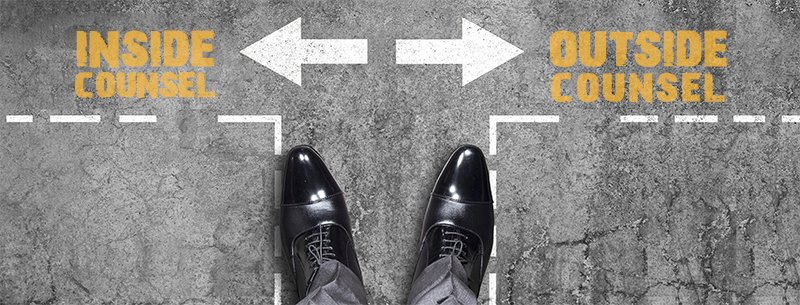When workplace misconduct occurs and is reported, employers have an obligation to investigate the matter fully, promptly, and to take appropriate action at the conclusion of the investigation. Some organizations want to handle every step of the investigation internally. However, unless the employer can guarantee the matter will be handled in a fair and impartial manner, handling investigations in-house can be a mistake.
While there are many potential benefits of using an external investigating professional, here are the top five such reasons:
1. Cooperation and credibility. Employees and managers are likely to take an investigation more seriously when an outsider is brought in, as doing so shows that HR is serious about the matter. It also gives employees a sense of comfort knowing that the person interviewing them does not report to the board of directors, nor will the investigator play any role in the employee’s next performance review.
2. Preparation for potential litigation. Outside investigators understand that any workplace complaint could lead to potential litigation, and in most cases, they are better prepared than internal HR personnel to handle each step in the investigation as if litigation was a foregone conclusion.
Even if an in-house attorney handles an investigation, there is still a danger that information intended to be privileged will instead be discoverable. An outside investigator can help protect against inadvertent loss of privilege, and can make sure that if a matter does proceed to court, that the steps and results of the investigation are well-documented.
3. Bias. Internal investigators are inherently biased toward the company, whether that bias is a conscious decision or not. Investigators should not be supervised by those they are investigating, and should not be involved in any way in the investigation.
Using in-house counsel appears murkier, even if the in-house attorney is able to handle the investigation in an impartial way. Because they work for the company, in-house attorneys are viewed as less objective than external investigators.
4. Experience and expertise. Anyone investigating a workplace claim should have sufficient experience dealing with that type of claim. Most internal HR professionals simply have not had to address enough investigatory matters to give them the experience needed to property handle an investigation from beginning to end.
In some cases, a more thorough investigation may be needed, requiring auditors, financial experts or private investigators. Organizing these different pieces could be easier for external counsel, who may have pre-existing relationships with other investigating professionals.
If an investigation is brought to trial, the investigator will likely be called to testify. Professional investigators understand this, and are well-prepared to provide statements limited to the investigation itself.
5. Prompt, thorough and complete Investigations. Internal investigations must be handled promptly, and must be as thorough and complete as possible. Failure to do any of these could lead to a claim of “Failure to Investigate” or “Failure to Take Prompt Remedial Action.” An external investigator will be better able to ensure all potential witnesses are interviewed and that the investigation is handled with expediency.
Internal HR and legal staff can then continue focusing on other matters without being bogged down by the investigation.
Conclusion
No company wants to ever be the target of misconduct claims. However, the reality is that most organizations will, at some time or another, need to conduct an investigation into such claims. Choosing an external investigator to lead the effort can ensure that the matter is handled professionally, confidentially, thoroughly and promptly. In the event that an investigated matter is later litigated, having involved an external investigatory professional will put you in the best position possible to defend the case.


Recent Comments